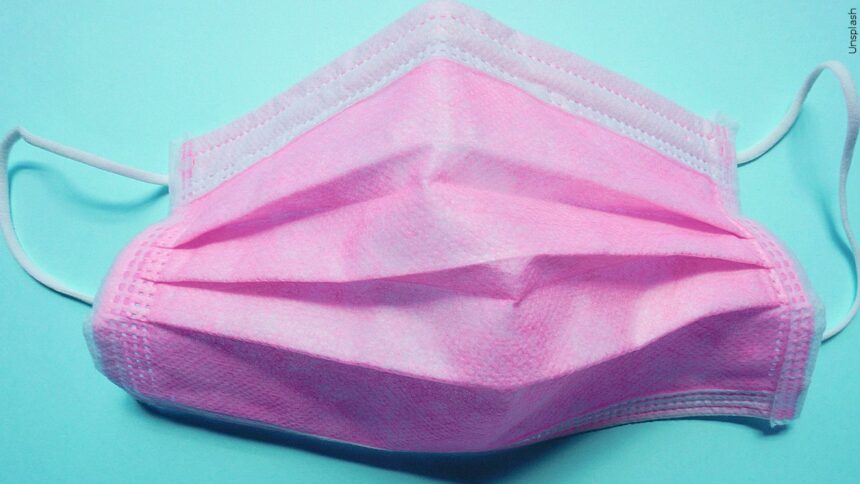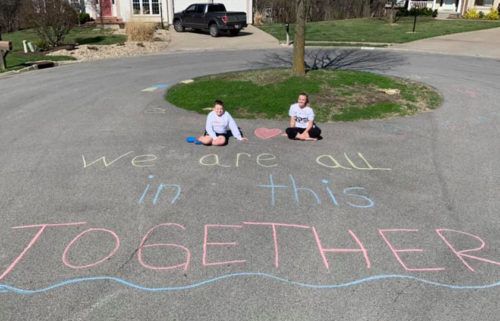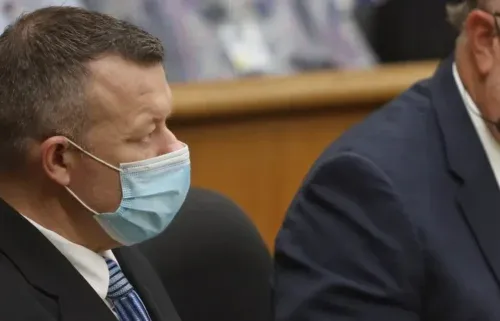5 Myths (And 5 Facts) About COVID-19

Myth #1:
Wearing a surgical mask can prevent infection by the coronavirus.
Surgical masks are typically poorly fitted, so you can still get droplets from infected people in your eyes and on your skin. People with infections can wear them to help limit the spread of the virus. N95 masks offer protection for health care professionals while treating patients with COVID-19 infections or potential infections, but those resources should be allocated to those at the highest risk of exposure. The best ways to prevent infection are social distancing and limiting your contact with others by staying home.
Myth #2:
Gargling with bleach, ethanol or other toxic substances will prevent infection with COVID-19.
This one should be a no-brainer - gargling or swallowing these types of substances can result in serious injury, potentially exposing you to the very thing you were trying to avoid in the first place. Proper hygiene, frequent hand washing, and avoiding contact with others remains the best way to prevent exposure to the coronavirus.
Myth #3
The coronavirus is a “Chinese” virus and contact with people of Asian descent and products originating from Asia can expose you to it.
This type of racially-charged myth is not just factually incorrect - it is being used to promote racial animosity toward Asian-Americans. People of Asian descent have been experiencing racial profiling and stigma at the hands of ignorant people who buy into the “Chinese virus” narrative. The Coronavirus has now infected hundreds of thousands of people, and no one race is more infectious or infected than another.
Myth #4
The coronavirus will die out once temperatures rise in the spring.
Although this one sounds like it could be true, there’s no evidence that COVID-19 has seasonal patterns like influenza or the common cold. Also, as the Northern Hemisphere enters spring, the Southern Hemisphere enters fall.
Myth #5
Malaria drugs can cure coronavirus.
This rumor has also been spread by top U.S. officials. The malaria drugs chloroquine and remdesivir were touted as FDA-approved coronavirus treatments, when in fact they had only been approved for clinical trials. This has led to shortages of these drugs for people who need them and an Arizona man died from ingesting fish tank cleaner (made with chloroquine). Rest assured, top scientists around the world are working day and night to find a cure for COVID-19. Taking medications or chemicals that have not been approved by the FDA can be potentially dangerous or fatal.
Fact #1:
People with the coronavirus can have mild or severe symptoms.
People who have tested positive for COVID-19 have experienced symptoms ranging from only a mild fever all the way to respiratory failure. Even if you have mild symptoms, you may still spread the virus to those who are at higher risk of severe infection.
Fact #2:
People of all ages are at risk for contracting the coronavirus.
Although people over 65 are at higher risk of severe illness, people of any age can contract and even die from COVID-19. According to the California Department of Public health, only 22% of people who tested positive in CA are aged 65 and older, while people aged 18-49 make up over 50%. (https://www.cdph.ca.gov/Programs/CID/DCDC/Pages/Immunization/ncov2019.aspx) Make sure to follow local guidelines for social distancing in order to “flatten the curve” of infection.
Fact #3:
You can have the coronavirus and spread it even if you don’t have symptoms.
Just because someone doesn’t have symptoms doesn’t mean that they don’t have or can’t spread COVID-19. The incubation period, which is the amount of time between exposure to a pathogen and the appearance of symptoms, of the coronavirus is 1-14 days, with a median of 5 days. This means that you could be carrying and spreading the virus without knowing it. Social distancing and stay-at-home orders are the best way to prevent this type of transmission.
Fact #4:
Symptoms of the coronavirus include fever, cough and shortness of breath.
People with COVID-19 have also reported losing their ability to taste and smell, and digestive issues including vomiting and diarrhea. If you have any of these symptoms and you think you may have contracted the coronavirus, please call your physician before going to the hospital so they can use measures to limit others’ exposure to the virus.
Fact #5:
COVID-19 is spread through inhaling respiratory droplets in the air.
This does not mean that the coronavirus is airborne. The virus can only survive in an aerosol form, which means suspended in tiny liquid droplets, or for a limited time on surfaces. Proper hand washing, practicing social distancing and avoiding public places are the best ways to limit exposure.



